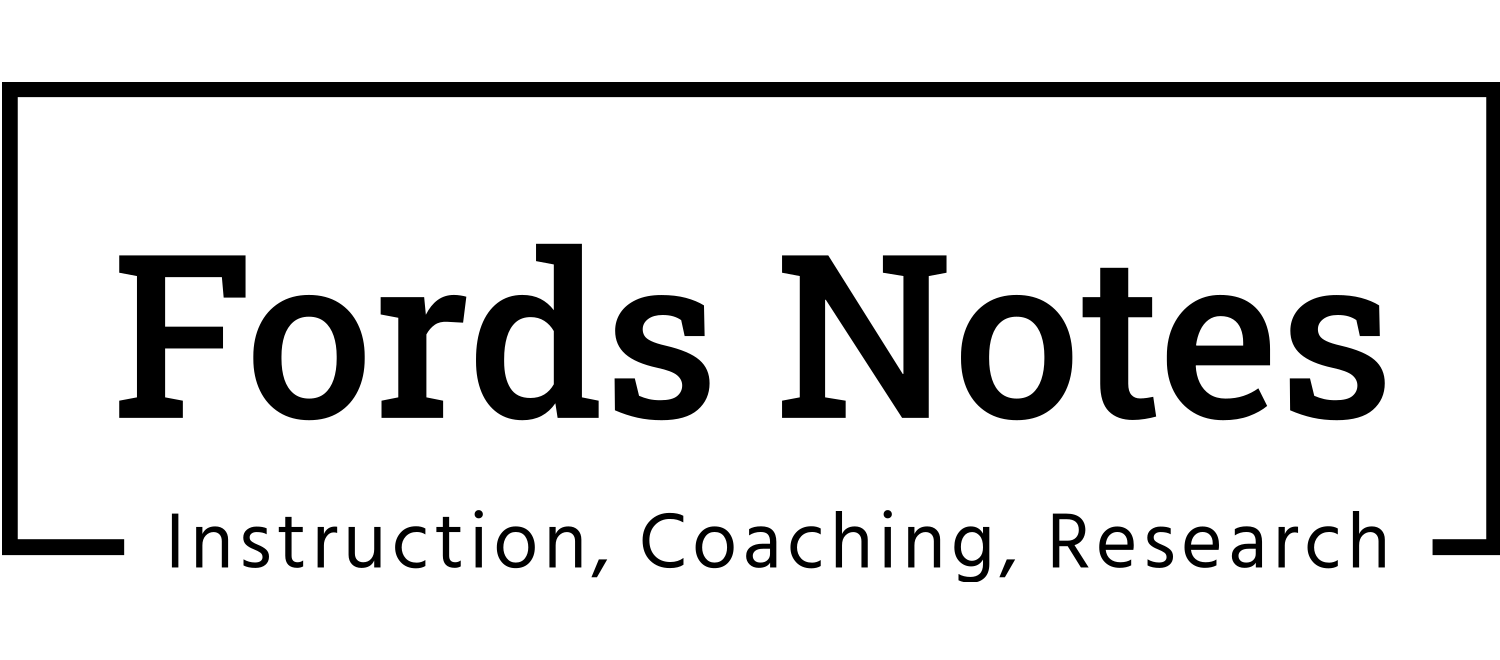I’m 10 days from taking the test. I can’t watch another video, turn another page, listen to another podcast or answer another question. I feel like I’m getting everything wrong and my test scores are going the opposite direction. Any advice?
I work with people preparing for certification exams. As a independent (or contract) instructor I lead Cisco, CompTIA, and ISC(2) training sessions and mentor or coach people preparing to take certification exams. Very often I have students who tell me they have ‘hit the wall’ and can’t study anymore. This is what I tell them.
Steps to avoid exam study burnout
#1 – Everyone can burnout. It’s normal. Burnout is often caused by fear of not passing the exam or fear that you have not given yourself enough time to study all the materials needed to prepare. Focus on your goal of learning the material and passing the exam. Build a learning plan. Select what materials (books, courses, videos) you are going top use to prepare and create a schedule that gives you enough time to read and review those materials. Don’t add materials after you start on a learning plan.
#2 – Make sure that you are getting enough good sleep. Good sleep means that you set a time and go to bed. You don’t study all night. You close your eyes, relax, and when you wake up it’s six to eight hours later.

#3 – When you create that learning plan schedule two days off per week. No one should study seven days per week. You have to give your brain time to heal and store the information you’re learning. That said; don’t take two consecutive days off. My suggestion is that if you plan to test on a Thursday in the future; take Fridays and Sundays (days after your planned exam day) off.
#4 – Start an exercise routine. After breakfast go for a 30 minute walk. Before lunch take ten minutes to stretch. Put your hands up above your head and reach for the sky; then bend over forward and try and touch your toes. At the end of the work day challenge yourself to do ten push ups. The idea is to stretch your muscles and get your blood flowing.
#5 – If you haven’t already; start using the Pomodoro method (Google ‘Pomodoro’ for more info). The Pomodoro method is when you study in completely uninterrupted burst or sprints. No distractions or bathroom breaks. For the first 3 days study in 10 to 15 minute sprints with no distractions. For the next 3 days study in 15 to 20 minute sprints. Work your way to 45 minutes and then reward yourself with a ten to no more than fifteen minute break.
#6 – Figure out realistically how many hours you can study in one day. If you are working a 40 hour a week job that might be only 90 minutes to two hours per day. If you study 90 minutes per day for five days that’s 450 minutes or 7.5 hours per week. I’ve found my students read at a rate of 12 to 20 pages per hour. That translates to covering about 150 pages per week. That may not seem like alot when many certfication styudy guides are 350 pages or more. But if you look at those books those 350 pages include lots of extra material. Once you knock off 50 pages for assessemt tests, mapping to exam objectives and end of chapter questions and answers the actual pages you need to read drops to 300. Most of my students have been able to read and study 300 pages in three weeks. If you supplement your reading by watching videos add another week.
#7 – Don’t get distracted. It’s very easy to get distracted when using Internet based tools. I’ve found students getting distracted by reading about other people’s (often awesome or awful) exam experiences on sites like Reddit or Discord. If you are spending minutes reading those messages those are minutes you could be studying.
Another distraction is looking at ‘dumps’. ‘Dumps’ are lists of questions that someone claims are from (or so very close to) an exam and has posted on the Internet. The biggest problem with ‘dumps’ is that even if they are the actual question from the exam; you can’t be sure of the person who posted the question knows the correct answer. I’ve had multiple students bring me a the test question from multiple sites with different ‘correct’ answers. While ‘dumps’ may be free (actually the trend is that people now charge for these ‘dumps’) they don’t have real value compared to the questions included in books and courses or available via test preparation software. And no talk about ‘dumps’ would be complete without mentioning…
#8 – Don’t even think about cheating. While it is not easy there are people that cheat in their preparation for an when they take various certification exams. It’s really not worth it. If you read the fine print at the testing center and then read the fine print disclosure at the start of most certyifcationexams you’ll find that if you are caught cheating in any way you’ll not achieve certification and likely lose any certification that you already have.
#9 – If at all possible take your exam at a testing center and if possible avoid taking the exam at home. Let me start by saying I’m not an anti new technology Luddite against testing at home. It’s just been my experience (and the experience of those I have trained and coached) that testing at home requires that the student spend time preparing their location (prepare the computer, clear the desk and testing area, and then walk through with the proctor) and then relies on an online proctor to monitor that location (via audio and video) during the exam. Too much can go wrong. Even if you need to travel an hour; I recommend going to a testing center to take your exam.
